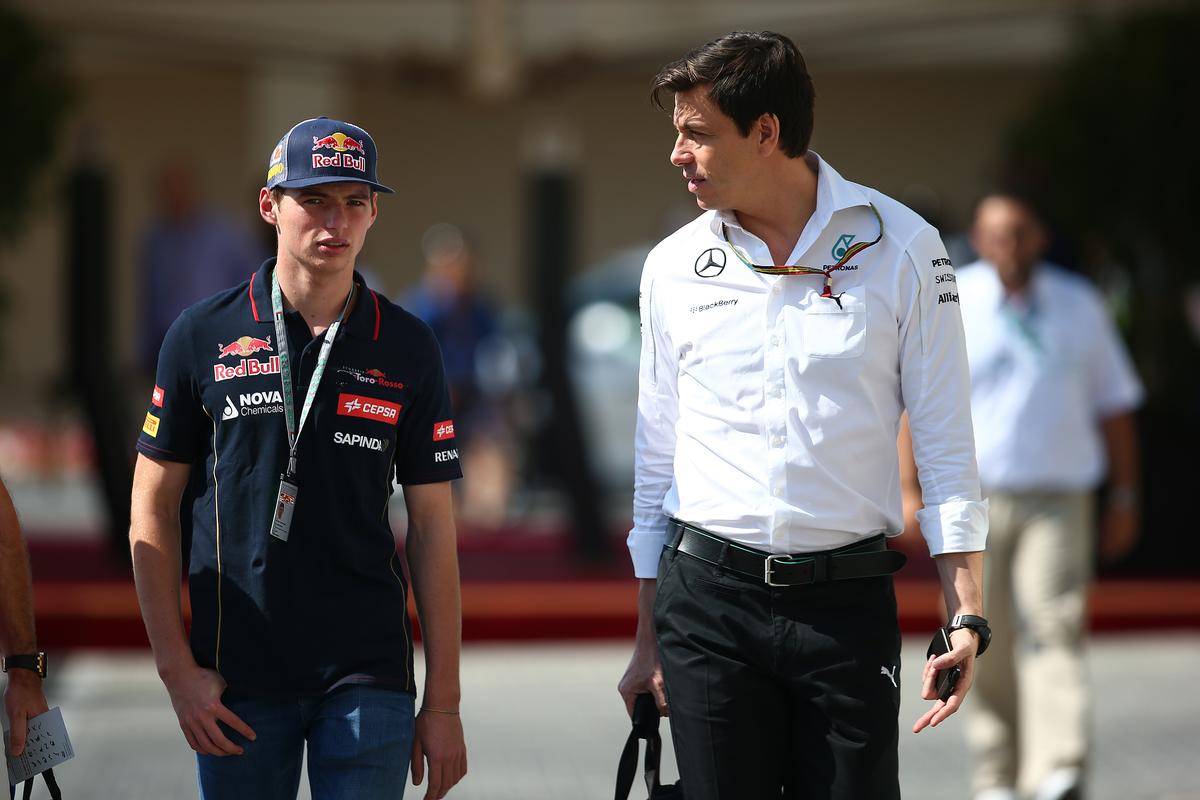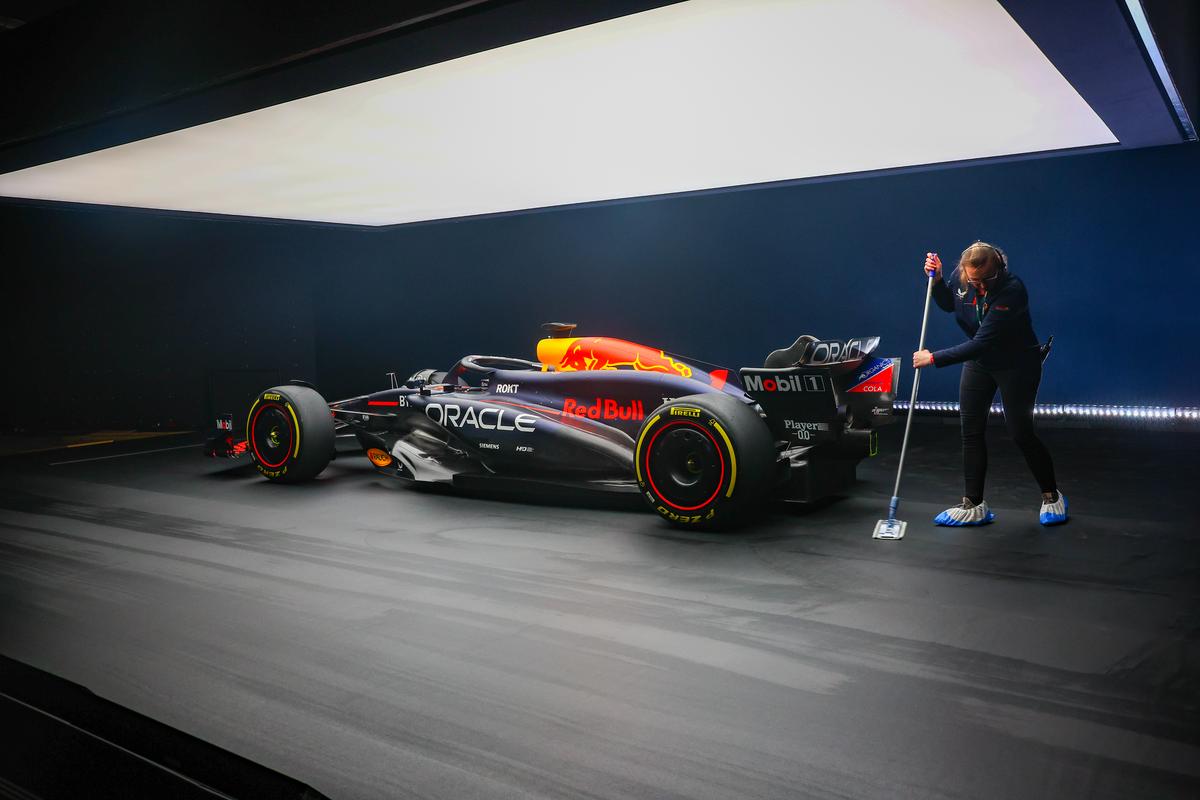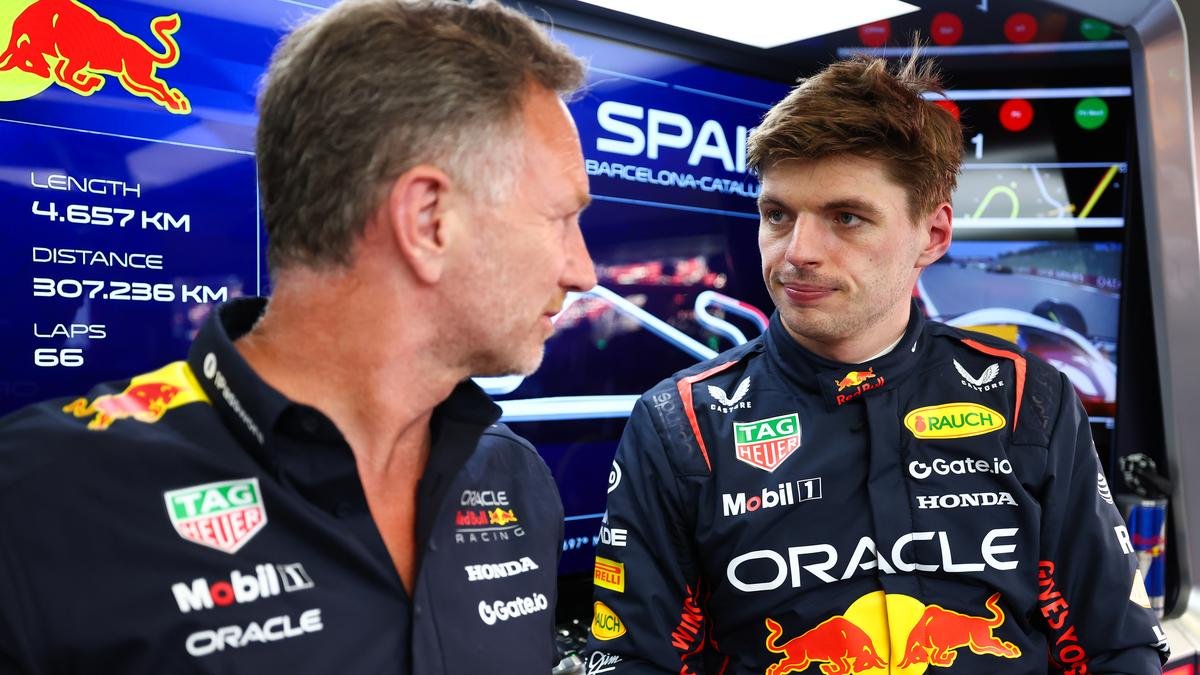If there is one truism that has stood the test of time, it is that empires always fall. Some crumble quickly, while others wither away slowly, even as the rulers fail to realise the erosion of power and influence. This applies to history, big businesses and sporting outfits.
Sport, in particular, has seen many rises and falls, given the relatively short playing careers of professional athletes and how that impacts team fortunes.
Past glory
The West Indies did not lose a Test cricket series from April 1980 to April 1995. It has since continued to plummet to new lows. Manchester United hasn’t won the Premier League since legendary manager Alex Ferguson retired after guiding the club to its 20th top-flight title in 2013. Last season, the Red Devils finished 15th in the standings, their lowest in five decades.
In the world of Formula One, Ferrari hasn’t won a title since 2008, a period following the departure of its famous axis of Ross Brawn, Michael Schumacher and Jean Todt, which had powered the Scuderia to stupendous success from 1999 to 2004.
ALSO READ | Will Piastri vs. Norris go the way of Formula One’s other stormy intra-team battles?
However, unlike most other sports, where bringing in a few exceptional players can quickly transform a team’s fortunes, turning the ship around is more complex in motorsport. It takes years to establish the team structure required to compete for wins and titles. So, when a successful outfit starts to fall apart, it can go off the rails spectacularly.
Earlier this month, Red Bull, which has won four drivers’ and two constructors’ titles over the last four seasons, hit the news for the wrong reasons when team boss Christian Horner was sacked.
Horner has been at the helm of the energy drink giant’s main F1 team since it entered the sport in 2005. In the cut-throat world of competition, his 20-year stint is one of the longest tenures at the helm for someone who is not an owner.
Horner was instrumental in the team’s success, luring design genius Adrian Newey away from McLaren in the first year. Newey went on to lay the foundations for the squad’s tremendous run of triumphs from 2010 to 2013 and from 2021 to 2024.
In all, Red Bull has won eight drivers’ and six constructors’ titles, and its 124 race wins make it the fourth-most successful team in the sport’s 76-year history.
Horner’s exit comes on the back of other high-profile Red Bull departures over the last year, including that of Newey, who joined Aston Martin, and sporting director Jonathan Wheatley, currently team principal at Sauber.
Horner has been in the eye of the storm since February last year, when he was accused of sexual harassment by a female employee. He was cleared of the claims by an internal investigation, but his position has been tenuous. Red Bull’s drastic drop in form since the middle of last year also weakened his hand. There are reasons to believe that his underplaying of Newey’s influence forced the legendary designer to leave.
ALSO READ | Madrid’s new street circuit to debut in 2026, replacing Imola on F1 schedule
Newey also indicated that the engineering team did not heed his warnings about the capricious nature of the car as early as 2023, when Red Bull won 21 of 22 races. Only Verstappen has been able to live with the car’s handling. The reigning champion is almost heroically keeping Red Bull afloat, having scored 165 of the team’s 172 points. He is third in the drivers’ standings, 69 behind leader Oscar Piastri.
Not sustainable
The fact that Verstappen has managed two wins and consistently fights for the podium, even occasionally securing pole, demonstrates his exceptional ability behind a problematic car. However, the 27-year-old has made clear his frustrations of having to wring its neck to extract miraculous results every weekend.
As it often happens, whenever there is trouble in the kingdom, it attracts enemies who sense an opportunity to strike gold. Since last year, Mercedes and its part-owner team boss Toto Wolff have made no secret of courting the four-time champion.

Coveted target: Toto Wolff missed the chance to sign a teenaged Verstappen in 2015, but has always hoped to one day get his man.
| Photo Credit:
Getty Images
Wolff missed the chance to sign a teenaged Verstappen in 2015, as Red Bull offered the Dutchman a seat immediately in its sister team Toro Rosso, something Mercedes couldn’t guarantee. Smarting from that snub, Wolff has always hoped to one day get his man.
Another factor that was in play until recently was the simmering tension between the Verstappen camp and Horner. Max’s father Jos attacked the now-sacked team boss publicly last year after the harassment allegations, saying the team was in danger of being torn apart as long as Horner remained in the hot seat. Seen in this light, could Red Bull’s sacking of Horner have been a means of placating the Verstappen camp into staying, given the significance of next season?
In 2026, F1 will transition to new sustainable power units. Red Bull is taking a step into the unknown by building its own powertrains. Traditionally, engines are built by OEMs and not independent racing teams, which prefer to focus on the chassis and partner with a major auto manufacturer for engine supply.
But when Red Bull’s current partner Honda pulled out in 2021, Horner pushed for Red Bull to become an engine manufacturer. Despite hiring heavily from rival teams, there are now murmurs that Red Bull’s engine is behind Mercedes in terms of competitiveness.
ALSO READ | India’s first F1 driver Narain Karthikeyan’s life to be immortalised on screen
The annual summer break (after the Hungarian GP on August 3 this season) is around the time when most driver contracts are renewed, and even though Verstappen has a deal until 2028, there are always get-out clauses.
Mercedes has a potential opening next year, with George Russell’s contract ending at the end of 2025. The Briton has revealed his situation is dependent on Verstappen.
In any other scenario, Russell, who proved faster than Lewis Hamilton in their years as teammates and is performing at a high level this season, would have been a shoo-in for an automatic renewal. The fact that it has not happened shows how seriously Wolff believes he has a chance to land the big fish.

Into the unknown: Red Bull is building its own powertrains for F1’s new regulations regime — not a task independent racing teams typically undertake.
| Photo Credit:
Getty Images
Before Verstappen’s reign, Mercedes ruled F1 from 2014 to 2021, winning eight constructors’ titles on the bounce in one of the longest periods of dominance in any sport worldwide. The foundation for that success was laid in 2014, when the current hybrid power units emerged, and Mercedes gained a significant lead over its rivals.
Interestingly, in preparation for the new era, Wolff and Niki Lauda, then a director at Mercedes, convinced Hamilton to leave McLaren at the end of 2012.
Doing a Hamilton?
It proved a masterstroke, with Hamilton securing six more world titles. If there is truth in the rumour of Mercedes nailing the new engines, Verstappen could be tempted to do what Hamilton did and jump from a ship that has a lot of holes.
While any move is fraught with risk, Mercedes has a track record of producing fast, reliable engines, and could offer Verstappen a shot at shattering even more records. If he does jump ship, it could deal a fatal blow to Red Bull and send the F1 silly season into overdrive during the summer break.
